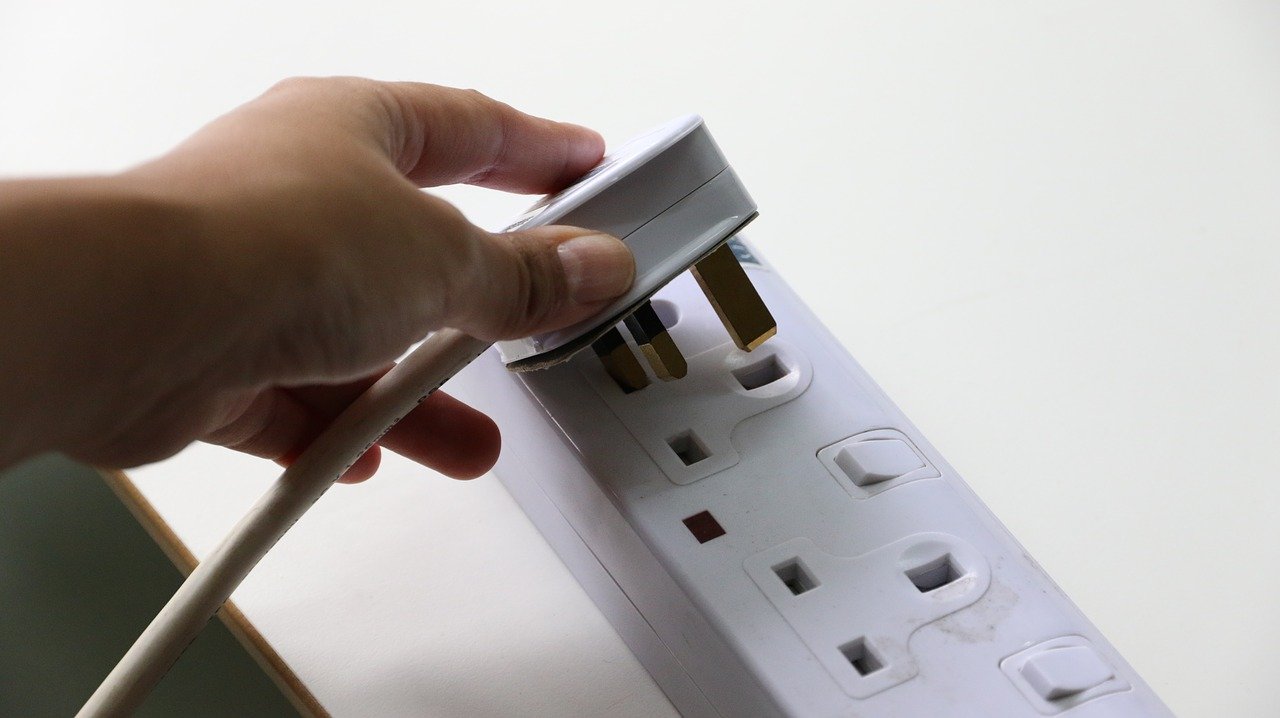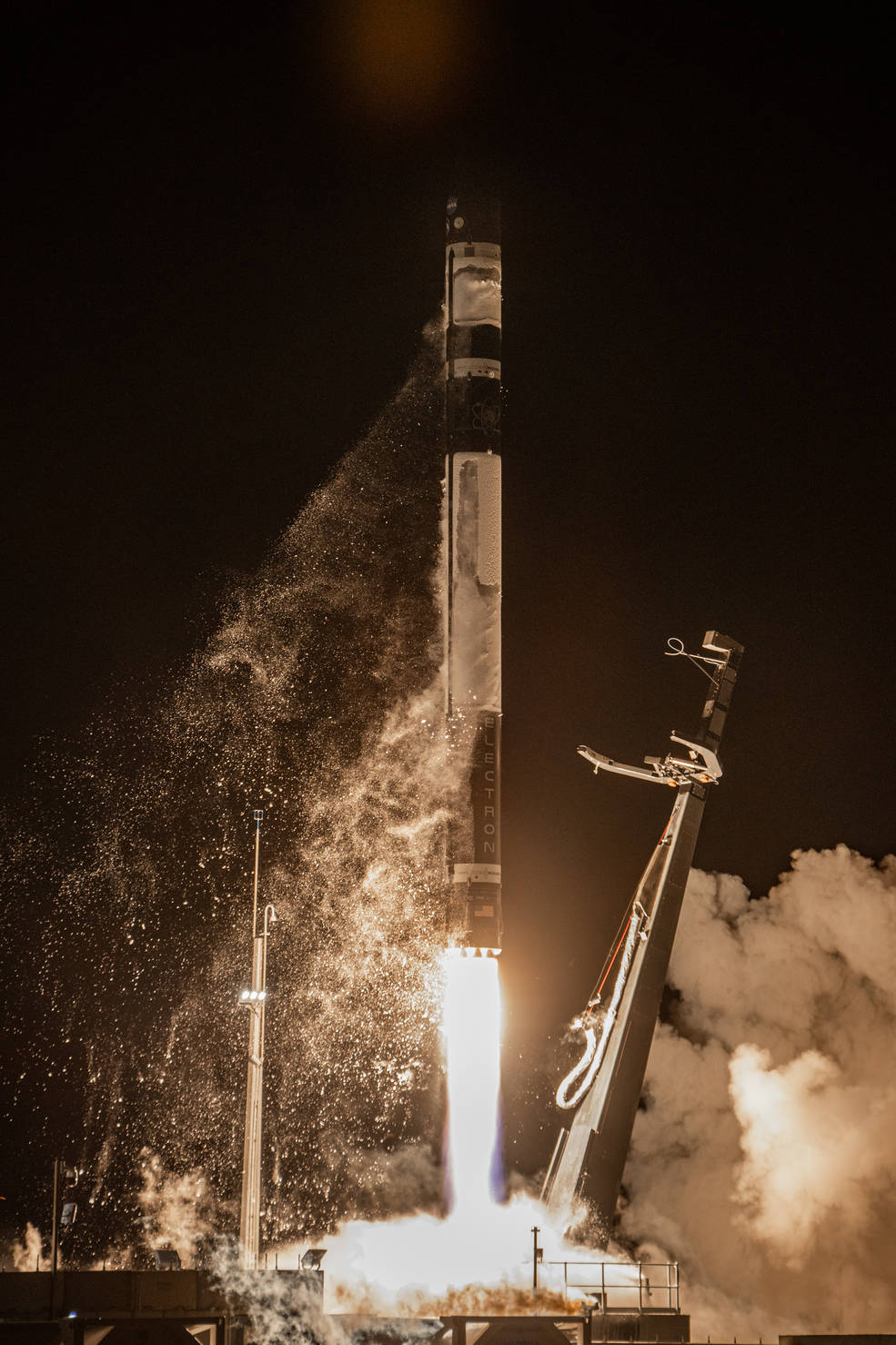Canada’s extraction of oil from its tar sands in Alberta have long been a big fuel industry for the country, providing energy and employment in the economy. The Athabasca oil sands in Alberta are the largest deposit of crude bitumen in the world. The practice, however, has never been the cleanest or most environmentally minded, which is why recent years have seen more criticisms leveled against it. The EU has been the most vocal.
The tar sands were deemed highly polluting by the EU with the political union listing Canada last among its list of industrialized countries that have taken action against climate change. But the Canadian government is hitting back now.
Natural Resources Minister Joe Oliver has called the criticisms “name calling” and goes on to claim that Canada is being “stagmatised” for its use of the tar sands. He leveled his own criticisms at the EU’s Fuel Quality Directive (FQD) as “bad policy”, while speaking at the Canada-Europe Energy summit in London.
The FQD evaluates bitumen, shale oil and standard oil for its emissions in transportation. Bitumen is extracted in Alberta’s oil sands. Oliver defended Canada’s oil practices by referencing a new study commissioned by his department recently.
“Canada supports the EU Commission’s objective of reducing greenhouse gas emissions for transportation fuels but believes it must be based on science and facts,” he said. “Unfortunately, the FQD, as currently drafted, is unscientific and discriminatory, would discourage disclosure, harm the European refinery industry and not achieve its environmental objective.”
Oliver says that study, conducted by energy consultants ICF International, shows there is no scientific basis to support differentiation between conventional and oil sands crude.
The Canadian report states that the country’s greenhouse gas emissions have been reduced by 4.8% and 63% of Canada’s electricity is provided by renewable energy sources, which they say is the highest of any G8 country. They also claim that greenhouse gas emissions per barrel have been reduced by 26% since 1990.
Canada’s issues with the FQD could threaten trade agreements between the country and the EU and has been threatening trade wars with the union since as early as February 2012.








